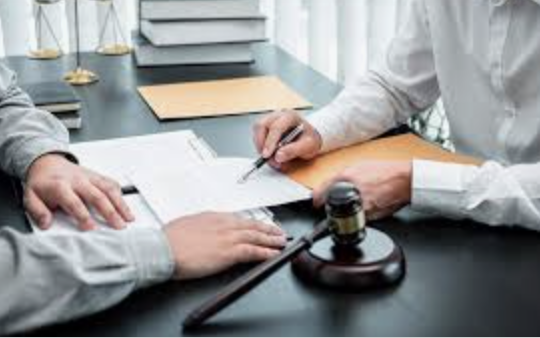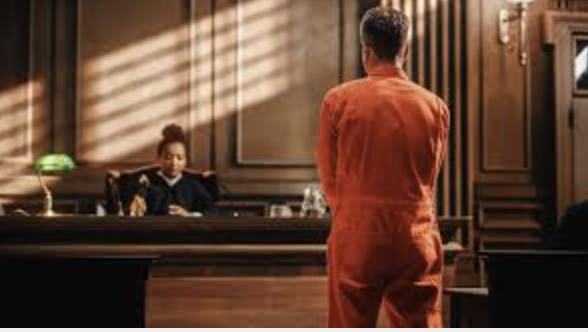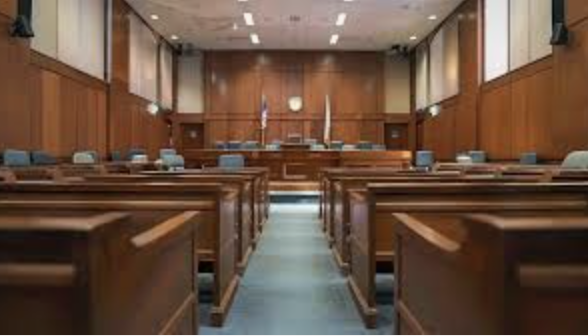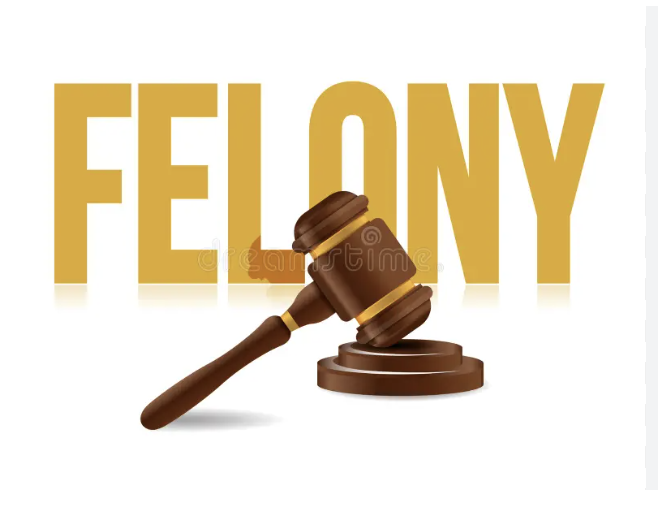After a car accident, your first meeting with a personal injury lawyer sets the tone for your entire case.
The more information you bring, the faster your attorney can begin protecting your rights, contacting insurers, and building evidence before it fades.
This guide walks you through exactly what to bring to your first appointment — including documents, insurance information, medical details, and what to do if children were injured.
A guide from Cardon Law.
This is general information, not legal advice. For personal guidance after an accident, call (757) 306-9060.
1) Police Report or Exchange of Information Sheet
If law enforcement responded to your crash, bring a copy of the Exchange of Information Sheet you received at the scene.
These documents contain:
- The names and contact information of all drivers involved
- Insurance companies and policy numbers
- The officer’s notes or citations issued
- Vehicle details and crash location
If you don’t yet have the official police report, your lawyer can request it directly from the Virginia DMV under Virginia Code § 46.2-379.
2) Photographs and Videos from the Scene
Visual evidence can be powerful. Bring (or email) any:
- Photos or videos of vehicle damage (inside and out)
- Scene images (skid marks, intersections, debris)
- Visible injuries (bruises, casts, stitches, etc.)
- Dash cam or surveillance footage, if available
Even if they seem minor, these details help reconstruct the crash and prove impact severity.
3) Insurance Information — Yours and Theirs
Provide copies of:
- Your auto insurance card and declarations page
- The other driver’s insurance info (from the exchange sheet)
- Any letters, texts, or voicemails from adjusters
Your lawyer will confirm coverage limits, including Uninsured/Underinsured Motorist (UM/UIM) coverage under Virginia Code § 38.2-2206, which protects you if the other driver lacks sufficient insurance.
4) Medical Records and Follow-Up Care Details
Bring everything related to your medical care so far:
- ER or urgent care discharge papers
- Doctor visit notes and referrals
- Physical therapy or chiropractic notes
- Prescriptions or pharmacy printouts
- List of medications (before and after the accident)
- Appointment schedules for ongoing treatment
Also include your medical insurance card, as it may be needed for billing and subrogation tracking.
If you receive Medicare or Medicaid, inform your lawyer immediately — these programs have specific reporting and repayment rules that must be followed when your case settles.
5) Prior Medical History That Could Affect Your Claim
Be open about:
- Any pre-existing injuries (especially to the same body parts)
- Prior accidents or workers’ comp claims
- Chronic pain conditions or physical limitations
Your attorney needs this context early so the insurance company can’t twist it against you later. Transparency builds credibility and helps isolate new injuries caused by the crash.
6) Employment and Lost Wage Information
Bring documentation of your income and missed work, including:
- Recent pay stubs or W-2 forms
- Doctor’s notes excusing you from work or limiting duties
- HR or supervisor contact info
- Any timesheets showing reduced hours or absences
Even if you’re self-employed, your attorney can use invoices or bank statements to establish loss of earnings.
Under Virginia law, you’re entitled to recover both lost wages and loss of future earning capacity when proven with proper documentation.
7) Witness Information
If anyone saw the accident or the aftermath, bring their:
- Full name and contact info
- Short written statement (if they’ve provided one)
Independent witnesses often carry more weight than the drivers involved. Your lawyer may reach out for formal statements or affidavits before memories fade.
8) Children Involved in the Accident
If your child was injured:
- Both parents or legal guardians should attend the initial consultation (or be available to sign the required representation forms).
- Bring your child’s birth certificate or custody paperwork if applicable.
Virginia law requires that settlements for minors above a certain amount receive court approval under Virginia Code § 8.01-424, so your lawyer will guide you through that process.
9) Communications and Paperwork Folder
Gather and bring copies of:
- All letters or emails from insurance companies
- Claim numbers and adjuster contact info
- Receipts for car repairs, towing, or rental cars
- Health insurance Explanation of Benefits (EOBs)
- Any correspondence with medical providers or bill collectors
If it’s related to the accident, bring it — even if you’re unsure. Your lawyer can decide what’s relevant and organize it properly.
10) Your Own Notes and Questions
Many clients find it helpful to keep a small notebook or phone note with:
- Pain symptoms and limitations since the crash
- Questions about treatment or next steps
- Details you remember later (weather, traffic, statements made by others)
These notes can jog your memory and help your attorney fill in gaps in the official record.
Quick Checklist: What to Bring to Your First Meeting
| ✅ Item | 💡 Why It Matters |
|---|---|
| Police report or exchange sheet | Confirms facts, driver info, citations |
| Photos and videos | Visual proof of impact and injuries |
| Insurance details (yours/theirs) | Determines coverage and liability |
| Medical records & medications | Proves injury, links to crash |
| Medical insurance / Medicare / Medicaid info | Prevents billing issues and liens |
| Prior medical history | Anticipates insurer arguments |
| Employment records | Documents lost wages |
| Witness names | Independent verification |
| Child info & parent signatures | Required for minor claims |
| All communications | Builds organized case file |
FAQ
Do I need the official police report before meeting my lawyer?
No — your attorney can request it directly, but bring the exchange sheet and any citations you received.
Should I give my lawyer my health insurance card?
Yes. It’s needed to manage billing and ensure medical providers are reimbursed correctly from your settlement.
What if I forgot to take photos at the scene?
Take photos of your car and injuries now — even days later, they’re still helpful. Your attorney may also obtain nearby surveillance footage.
Can I email everything instead of bringing paper copies?
Yes. Digital files (PDFs, photos, screenshots) are often easier to organize — just confirm your lawyer’s preferred upload method.
Injured in a Car Accident in Virginia? Bring Your Paperwork — We’ll Handle the Rest.
At Cardon Law, we make your first meeting simple and stress-free.
Bring what you have — even if it’s incomplete — and we’ll handle the rest: collecting missing reports, contacting insurers, and preserving every piece of evidence that strengthens your claim.
📞 Free Consultation: (757) 306-9060
📱 24/7 Direct to David A. Cardon: (757) 620-3283
Serving Virginia Beach, Norfolk, Chesapeake, Portsmouth, and Hampton Roads.




